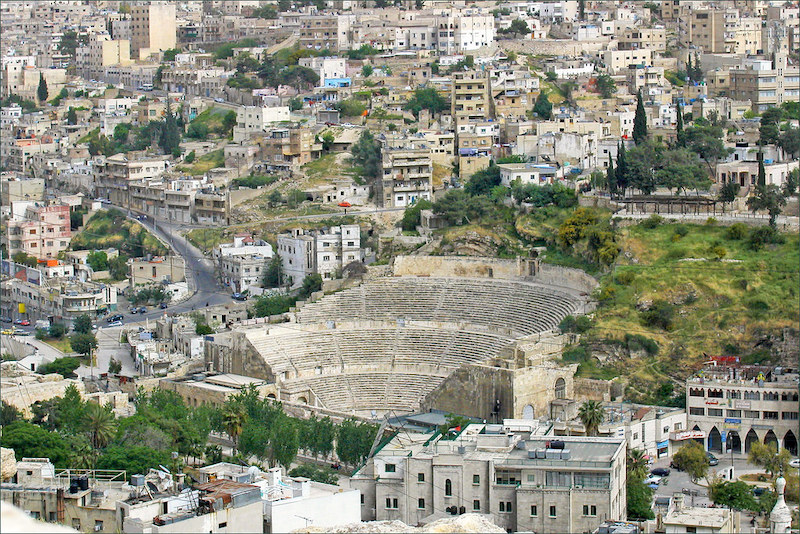Jordan's macroeconomic fragilities could be exacerbated by the conflict and there are potential risks to supply chains and the energy sector.
The slowdown in tourism could once again weigh on the balance of payments. The IMF forecast for 2023 and 2024 a clear improvement in the current account deficit supported by favorable tourism revenues. The sector had already recorded very good performance over the first eight months of 2023: tourism revenue reached USD 5.2 billion, or 83.4% of the IMF’s annual forecast. However, since October 7, we have observed cancellations of reservations in hotels – at least 60% of reservations were canceled in November according to the hotel association.
The conflict could also deteriorate the assessment of country risk, while Jordan is extremely dependent on external financing flows. The Kingdom is already struggling to attract enough foreign investment to stimulate growth and development. If the strong support from bilateral and multilateral donors is not called into question for the moment, the crisis could lead to an increase in financing conditions.
Potential risks pose to supply chains and the energy sector.
While Jordan imports 95% of its basic products, concerns weigh on supply chains, due to security incidents in the Gulf of Aqaba and difficulties in accessing the Israeli port of Haifa – another port used by Jordan for its trade with Europe in particular. However, the cost of freight would not have increased at this stage. Furthermore, Jordan is particularly dependent on its neighbors in terms of hydrocarbons: petroleum products (from Saudi Arabia and Iraq) and gas (from Israel).
If some disruptions were observed in the import of crude oil from Iraq (which covers around 7% of Jordan’s oil needs and at a discount of 16 USD per barrel compared to Brent prices), gas – to produce 68% of electricity – continues to arrive in Jordan. According to MEES magazine, gas deliveries from the Leviathan field in the third quarter of 2023 reached a record level of 334 M CFD and have remained stable since October 7.
However, the pressure from Jordanian public opinion on the gas agreement, and more generally on the agreements linking Jordan to Israel, is provoking high-level discussions on the diversification of energy supplies. Jordan also confirmed that the water-electricity agreement with Israel and the United Arab Emirates, strongly encouraged by the United States, was postponed indefinitely (the second MoU will not be signed as planned on the sidelines of COP 28).
In this context, Jordan was to develop a solar power plant project with a capacity of 600 MW, financed by the Emirati company Masdar, and export the electricity produced to Israel, which was to provide Jordan with 200 million m3 of water in return. desalinated. The agreement could be relaunched in the long term given Jordan’s considerable need for water.
The war in Gaza is already having effects on French business interests.
All products from Western countries are the subject of a boycott campaign in Jordan which is coupled with a significant slowdown in attendance at shopping centers, hotels, cafes and restaurants. Distributors of French products are directly affected; they all showed a significant drop in their sales in October, worsened in November (from -30% to -50/60%, year-on-year). Subsidiaries of French companies are affected in a heterogeneous manner, depending on the sectors and their direct link or not with consumers.
Source French Embassy in Jordan (Amman)








Réagissez à cet article